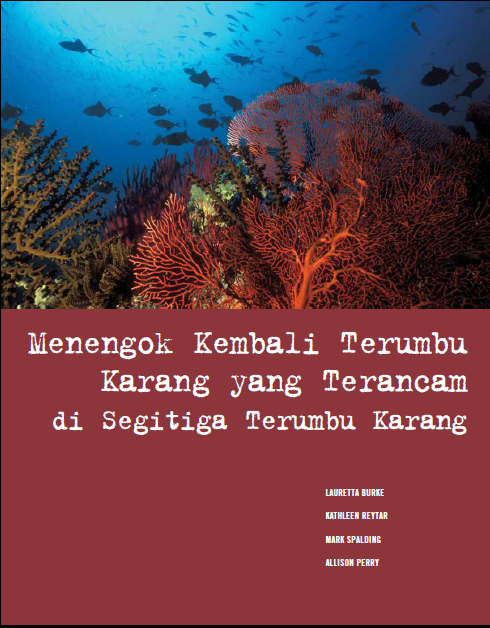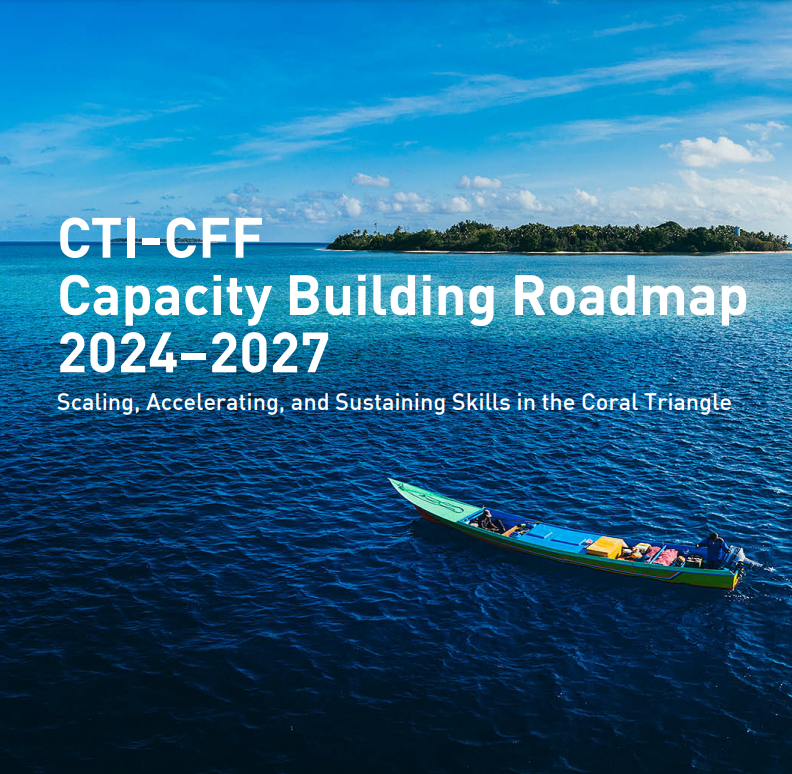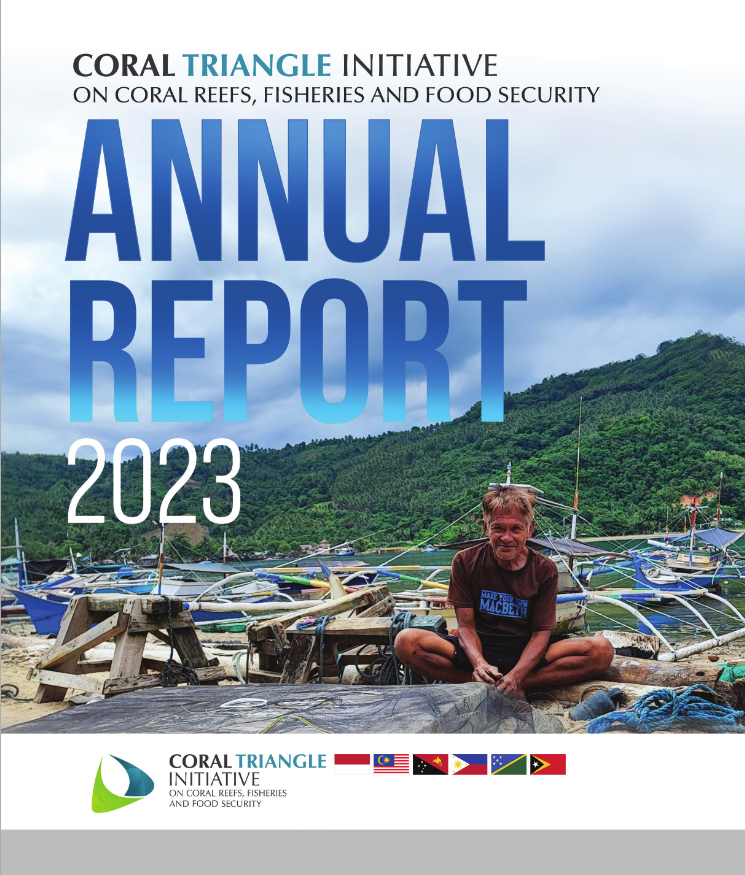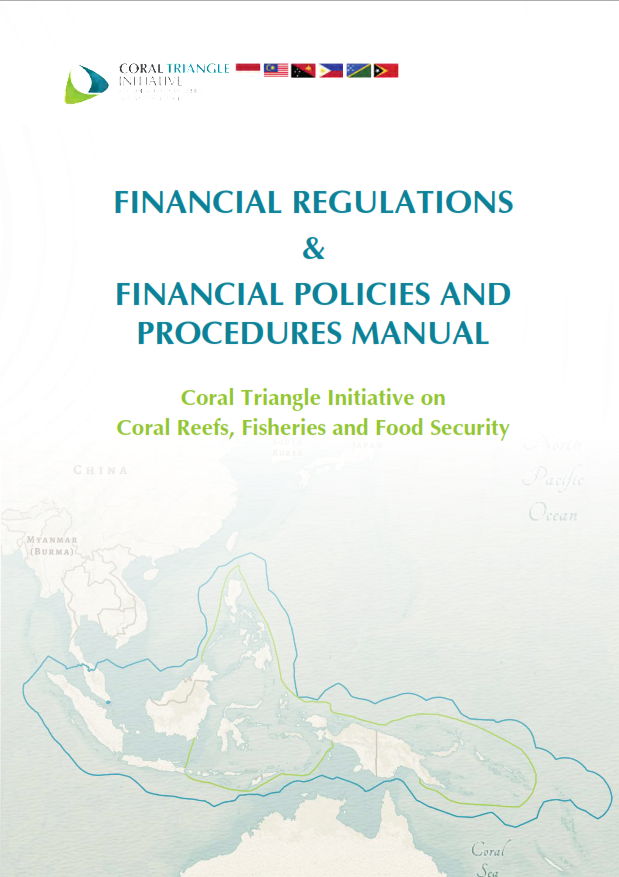Reefs at Risk Revisited in the Coral Triangle Bahasa Edition
 Reefs at Risk Revisited in the Coral Triangle studies current and future threats to the Coral Triangle’s reefs, evaluates social and economic vulnerability to reef degradation and loss throughout the six countries, examines reef management initiatives, and identifies solutions to help safeguard reefs.
Reefs at Risk Revisited in the Coral Triangle studies current and future threats to the Coral Triangle’s reefs, evaluates social and economic vulnerability to reef degradation and loss throughout the six countries, examines reef management initiatives, and identifies solutions to help safeguard reefs.
Threats to coral reefs in the Coral Triangle are much higher than the global average. More than 85 percent of reefs within the Coral Triangle Region are currently threatened by local stressors (such as overfishing, pollution, and coastal development), which is substantially higher than the global average of 60 percent. Nearly 45 percent are at high or very high threat levels. When the influence of recent thermal stress and coral bleaching is combined with these local threats, the percent of reefs rated as threatened increases to more than 90 percent, which is substantially greater than the global average of 75 percent.
The World Resources Institute produced the report in close collaboration with the USAID-funded Coral Triangle Support Partnership (CTSP). Reefs at Risk Revisited in the Coral Triangle was adapted from WRI’s 2011 global analysis of threats to coral reefs, Reefs at Risk Revisited, and supplemented with more recent and detailed data for the Coral Triangle region.
**
Menengok Kembali Terumbu Karang yang Terancam di Segitiga Terumbu Karang disusun oleh World Resources Institute (WRI) yang bekerjasama secara erat dengan Coral Triangle Support Partnership (CTSP)/Kemitraan Bantuan untuk Kawasan Segitiga Terumbu Karang yang didanai oleh USAID. Laporan ini diadaptasi dari buku Reefs at Risk Revisited (Menengok Kembali Terumbu Karang yang Terancam),yang berisi analisis ancaman terhadap terumbu karang dunia terbitan WRI pada tahun 2011 yang bekerjasama dengan The Nature Conservancy (TNC), the WorldFish Center/Pusat Perikanan Dunia, the International Coral Reef Action Network (ICRAN)/Jaringan Kegiatan Terumbu Karang Internasional, the United Nations Environment Programme-World Conservation Monitoring Centre (UNEP-WCMC)/Program Lingkungan Hidup PBB-Pusat Pemantauan Pelestarian Dunia, dan the Global Coral Reef Monitoring Network (GCRMN)/Jaringan Pemantauan Terumbu Karang Dunia.
Click here to download the report.



